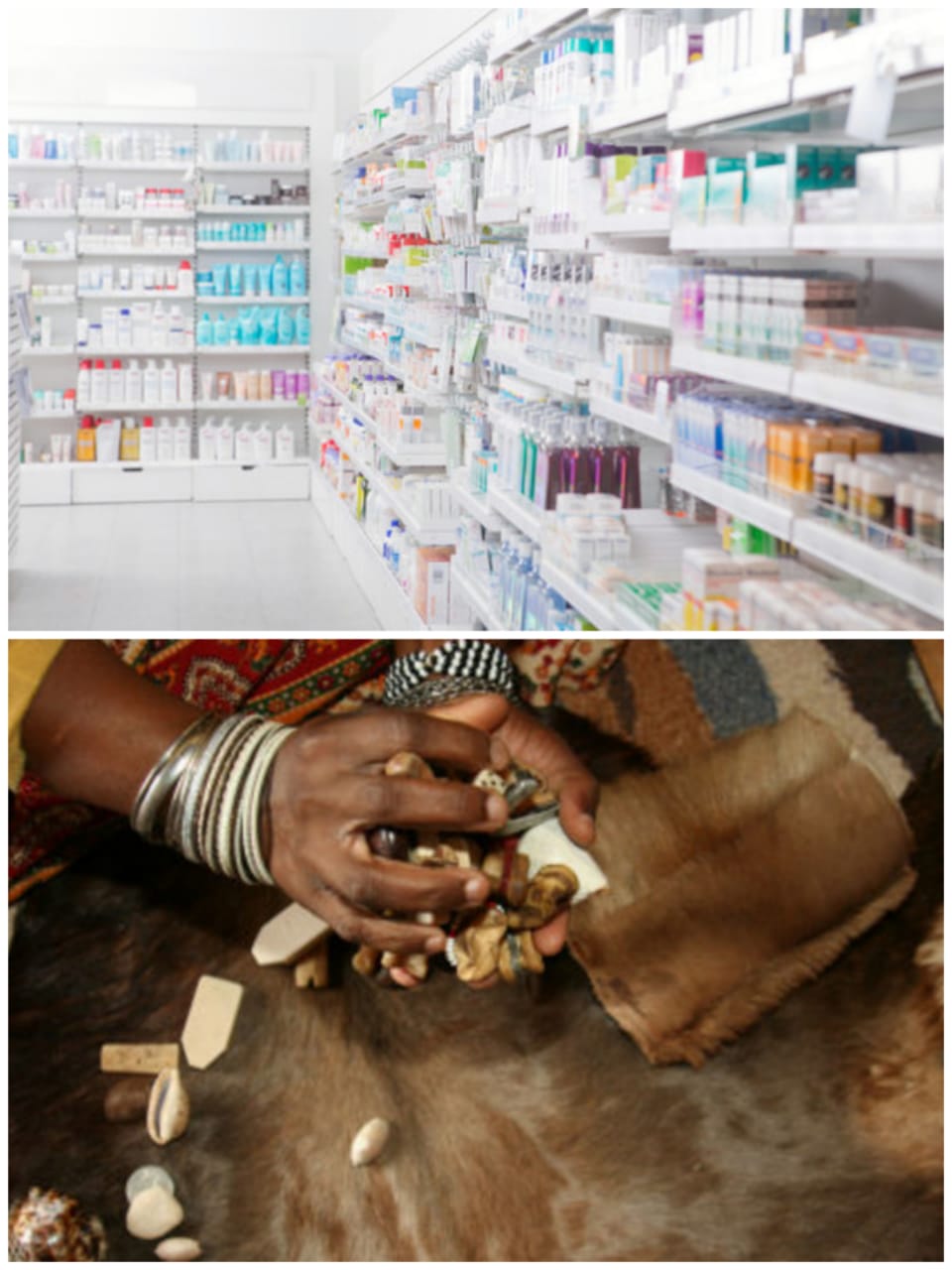Chantelle Bongubukhosi Ncube
In many parts of Africa, including Zimbabwe, the reliance on fake prophets, pastors, and traditional healers for health related ailments so is prevalent.
While these figures, who have named themselves Men of God, often promise miraculous cures and divine interventions, the consequences of trusting them over medical professionals can be dire.
Yes, in some instances, African traditional healers who use natural herbs may assist, to some extent, there are ailments such as broken limbs, mental disorders, and the deadly HIV/AIDS virus that will need conventional and modern medicine.
On consultation, to verify the authenticity of traditional healing, a herbalist, Gogo MaNcube, from EMkambo in Bulawayo’s old suburb, Makokoba had this explanation,
“Mzukulu, thina sakhuliswa yimithi yesintu. Okwesikhiwa sakuzwa sesibadala. Ye! Ungathandabuza ngemithi yesintu, kodwa inengi layo iyasebenza”
we were brought up through traditional herbs. We knew of the modern day medicine when we were old. You may be skeptical about these herbs, but they do work
Zimbabwe, like many African nations, grapples with the detrimental effects of this phenomenon. According to recent statistics, a significant portion of the population seeks medical advice and treatment from prophets and traditional healers rather than qualified doctors. This reliance has led to a surge in preventable deaths and worsening health outcomes.
The consequences of prioritizing spiritual healers or traditional remedies over medical science are alarming. For instance, in Zimbabwe alone, reports indicate a rise in deaths due to untreated illnesses, misdiagnosis, or delayed medical intervention. Moreover, diseases such as HIV/AIDS, tuberculosis, and malaria, which require medical expertise and proper medication, often worsen when individuals turn to unqualified healers.
In an interview with this reporter, a Christian and nowadays prophet believer and follower Brunnet Tshuma emphasized that those who are in denial of having contracted the HIV virus are the ones who seek solace from prophets.
“In most cases one is in extreme denial especially when it comes to HIV/AIDS and therefore would find it easier to cope if a nyanga or prophet promises to cleanse the illness away rather than taking the ARVs.”
Another believer who follows the Church yaJohane Wemasowe, commonly know as amapostori Madzimai MaiMemory said
“Hapana zvisingakundike kana ari munhu waMwari wechokwadi. Hakuna munhu wenyama anoziva kupfura Mwari, inini handina kuiswa zvimavaccine zvaipiwa muzvikoro asi ndichirimpenyu kusvika makore angu ese aya kunamatirwa pasipemuti wamunotarisira pasi.”
There is nothing that is unshakable if your pastor is a true man of God, personally I have never been vaccined yet I am still alive. All these years I have survived through prayers underneath the tree churches you look down upon.
Beyond the human toll, there is an economic burden associated with healthcare misinformation. Families often spend significant amounts of money on ineffective treatments or remedies offered by false prophets and traditional healers, draining resources that could have been used for proper medical care. This perpetuates a cycle of poverty and ill health, particularly affecting vulnerable communities.
In another conversation with Gertrude Moyo, a modern mother, she explained that these ny’ngas and prophets are there to spend one’s money. They take advantage of a person’s vulnerability.
“As a Zimbabwean you should take everything with a pinch of salt ngoba oprophet laba sebengayenza ihustle ngendubo zakho kungcono ukuzi hambela eclinic nxa usuwomelwe”
“As an African woman it is easy to have more faith in our own traditional doctors and although we cannot fully disregard their expertise as a mother I just cannot risk it, the biggest divine intervention God gave us was modern technology let us utilise that.”
A parent, who preferred to be called naka Anna chipped in to say,
The reliance on fake prophets and traditional healers also perpetuates superstitions and myths surrounding health. This undermines public health campaigns and efforts to educate the population about disease prevention and proper healthcare practices. Moreover, it fosters a climate of distrust in the medical profession, hindering efforts to provide accessible and evidence-based healthcare services.
While Zimbabwe serves as a focal point, similar trends are observed across Africa. From Nigeria to South Africa, instances of individuals seeking spiritual or traditional remedies for health issues are widespread. This underscores the need for concerted efforts at both the governmental and community levels to address this issue.
To mitigate the dangers posed by false prophets and traditional healers, comprehensive measures are needed. This includes strengthening healthcare systems, improving access to medical services, and implementing regulations to curb the activities of unqualified healers. Additionally, there’s a crucial need for community education and awareness campaigns to empower individuals to make informed decisions about their health.
In conclusion, the reliance on fake prophets, pastors, and traditional healers for health issues poses a significant threat to public health in Africa. Addressing this challenge requires a multifaceted approach that prioritizes evidence-based medicine, empowers communities, and fosters trust in the healthcare system. Failure to act risks further exacerbating the health disparities and challenges already facing the continent.
Zim GBC News©2024


